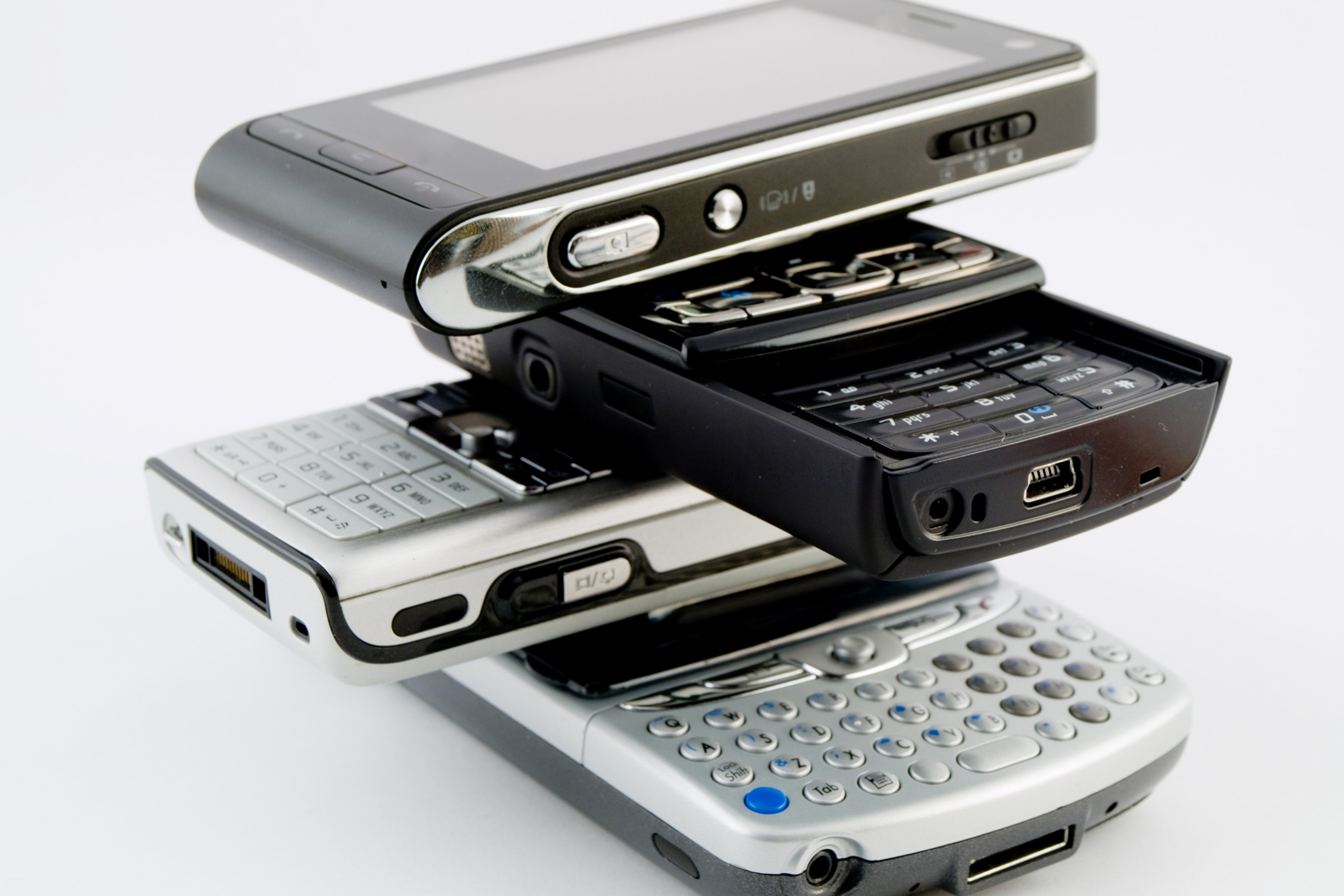UK consumers waste £52 billion on unused gadgets
New survey shows our appetite for spending money on new technology isn't matched by our willingness to learn how to use it.

British consumers spend 52 billion a year on gadgets they never learn how to work properly.
A nationwide poll of 3,000 consumers conducted by Sky and gadget magazine Stuff revealed that the average Briton spends 3,065 a year on technology. However, on average more than half the functions on these high-tech gadgets never get used.
The poll found a definite correlation between the complexity of the technology and our ability and willingness to operate it.
Established electrical goods, such as microwaves and washing machines pose little problem, but a large percentage of us struggle to get to grips with newer gadgets such as smartphones.
Even when spending into the thousands of pounds on big-ticket items such as high-definition TVs, a surprising percentage of Britain's consumers still appear to have little grasp of the technology involved.
For example, just under half the respondents (47 per cent) didn't realise that watching high-definition programming required not only an HD TV, but also a high-definition set-top box such as a Sky+HD box. In addition, one in 10 admitted to having tried to fix a gadget that wasn't working by banging it on the side.
"It's amazing how much money people are wasting by not using things to their full potential," commented Stuff editor Fraser Macdonald. "An HD TV is an essential purchase, for example, but it'll be so much better if you hook it up to a decent HD set-top box, such as a Sky+HD box, a Blu-ray player and a surround sound speaker setup."
Sign up today and you will receive a free copy of our Future Focus 2025 report - the leading guidance on AI, cybersecurity and other IT challenges as per 700+ senior executives
The results also proved the old gender stereotype that men are less likely to ask for directions than women. According to the survey, 63 per cent of women read the instruction manual when they buy new gadgets, compared to just 54 per cent of men. And when things do go wrong, men are half as likely to ask for help than women.
Geographically, Wolverhampton emerged as the UK's unlikely tech-savvy capital, with residents getting the most bang for their buck by using 80 per cent of their gadgets' features. At the other end of the scale was Glasgow, whose gadgets are used to just 42 per cent of their potential.
The figure of 52 billion was arrived at by calculating the average percentage of features never used on our gadgets, and calculating its effective value in terms of the UK's total spend on electronics per household.

